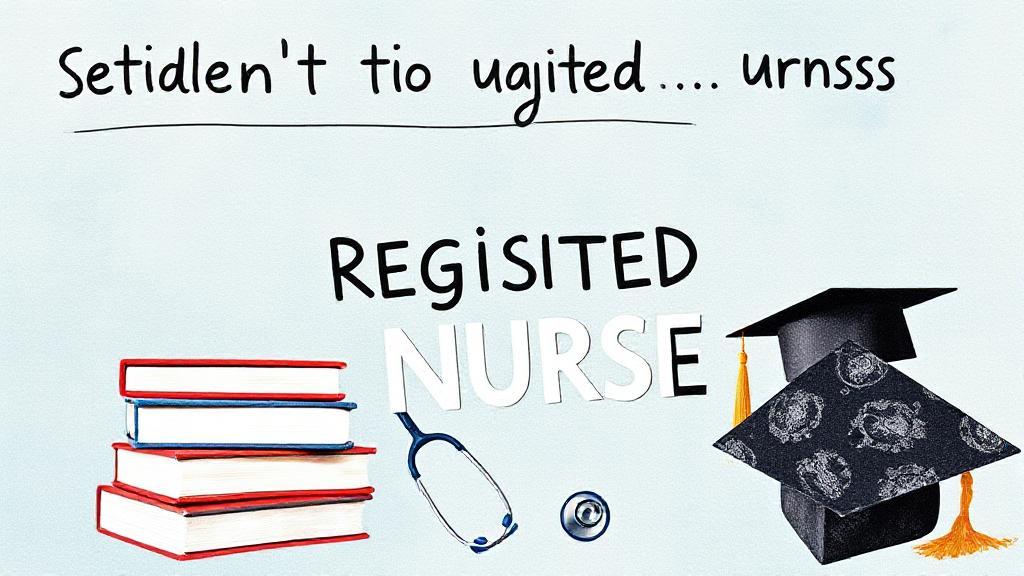Introduction
Becoming a registered nurse (RN) is a rewarding career choice that offers the opportunity to make a significant impact on patients' lives. The journey requires careful planning, dedication, and several key steps that can vary in length depending on the educational path chosen.
Pre-Nursing Requirements
Before entering a nursing program, students must complete:
- High school diploma or GED
- Prerequisites courses, including:
- Biology
- Chemistry
- Anatomy & Physiology
- Mathematics
- Psychology
- Maintain a competitive GPA (typically 2.5-3.0 minimum)
- Pass entrance exams (TEAS or HESI)
Educational Pathways
1. Associate Degree in Nursing (ADN)
- Duration: 2-3 years
- Offered at community colleges and technical schools
- More affordable than BSN programs
- Faster entry into the workforce
- May need to pursue BSN later for career advancement
2. Bachelor of Science in Nursing (BSN)
- Duration: 4 years
- Available at universities and colleges
- More comprehensive education
- Better career advancement opportunities
- Preferred by many employers
- Higher starting salary potential
3. Accelerated BSN Programs
For those with a bachelor's degree in another field:
- Duration: 12-18 months
- Intensive, fast-paced curriculum
- Requires full-time commitment
- Prior science prerequisites needed
4. Direct-Entry Master's Programs
- Duration: 2-3 years
- Overview: For individuals with a non-nursing bachelor's degree
- Pros: Advanced education, potential for higher-level positions
- Cons: Longer duration, more expensive
During Nursing School
Core Components
- Classroom lectures
- Laboratory practice
- Clinical rotations
- Simulation experiences
Clinical Experience
"Clinical rotations are where theory meets practice, providing hands-on experience in various healthcare settings." - American Nurses Association
Students typically complete 500-700 clinical hours across different specialties:
- Medical-surgical
- Pediatrics
- Obstetrics
- Mental health
- Community health
Licensing and Certification
NCLEX-RN Examination
After completing an accredited nursing program, candidates must:
- Apply for authorization to test
- Schedule exam
- Study and prepare (typically 2-3 months)
- Pass the NCLEX-RN
The exam tests the knowledge and skills necessary to perform safely and effectively as a newly licensed, entry-level nurse. Visit the NCLEX-RN Test Plan for more information.
Licensing Process
- Submit application to state board of nursing
- Complete background check
- Submit fingerprints
- Pay licensing fees
- Receive state license (processing time varies by state)
Career Development and Advancement
After becoming licensed, nurses can:
- Complete a residency program (6-12 months)
- Gain experience in entry-level positions
- Pursue specialty certifications
- Continue education for advanced degrees
Many RNs choose to pursue further education and specialization through:
- Specialized certifications in areas like critical care, pediatrics, or oncology
- Advanced degrees: Master of Science in Nursing (MSN), Doctor of Nursing Practice (DNP)
Additional Considerations
- Many hospitals offer tuition reimbursement programs
- Some schools have waiting lists for admission
- Part-time programs are available for working students
- Online/hybrid options exist for some components
- Military service can provide accelerated paths
For more information about nursing careers and education, visit the American Nurses Association, National League for Nursing, or American Association of Colleges of Nursing.
